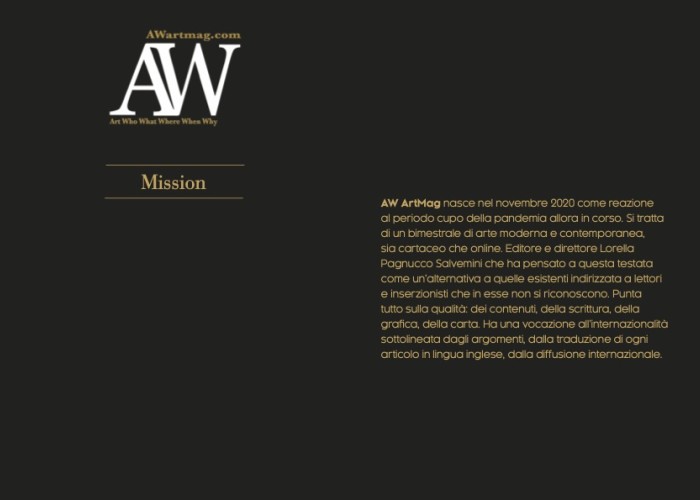Handsome, young, often muscular, all, compulsorily, with a degree. They have qualifications, at least once, high- sounding: doctors in law, in literature, in pedagogy, in philosophy. The most rampant in communications science, marketing, or computer science. They are the candidates of the latest public competitions. They would be pleased for a job as a city official, or a teacher. Others, more ambitious, aspire to the judiciary, or diplomatic career. Incredible, but true: with an average ranging from 50 to 70%, these guys do not even pass the first test, the written one. They do not reach the minimum assessment, 21/30, for admission to the oral exam.
They can only dream of the fixed place. When the examiners start reading the tests, at first, they think of a joke. Some wag will have replaced the sheets. Hard to believe: men and women “fresh from study” (or, at least, they should) do not know the rudiments of the Italian language. But how did these guys get the degree that put one after the other huge spelling and syntax errors that you should have learned to avoid with the elementary school? Here are a few pearls: habbiamo with “h”, ragazi with a single zeta, superfice without the “i”. There is even some creative who puts down a nomalo for anomalo, violenza della norma in place of violazione. Some people even think it is up to a mayor to declare a state of war. All of them failed. All - it is necessary to note - with qualifications considerably above their own personal knowledge.
A mystery that, at that level of education, one still does not know the difference between diramare and dirimere, write un’altro with the apostrophe and, as for the noun exceptions, in doubt, alternate eccezzioni with eccesioni. So much so. One out of five comes out of our university graduates and are illiterate (fortunately, there are the other 4). The statistics say so. The All- Ocse claims that 21 out of 100 graduates do not go beyond the comprehension of elementary texts and are incapable of deciphering even the drug’s liar, or the instructions of a dishwasher. Illiteracy: a term with a nineteenth-century taste, which seemed destined to disappear from current language. Instead, still at the last census, the Italians who signed with the cross were 800,000 and those who had not finished the fifth grade 6 million. And now that illiteracy reappears where it would not have been expected, coming from universities? Not only a question of form. Who cannot write is because he does not read. And who neither reads or writes cannot even speak and, above all, cannot think. And if one fifth of the future ruling class is incapable of reflection, we are facing a national emergency. Tullio De Mauro argued that they are “the ruin
of the country, much more than a collapse of the stock market”. Paradoxical, but shared.
























